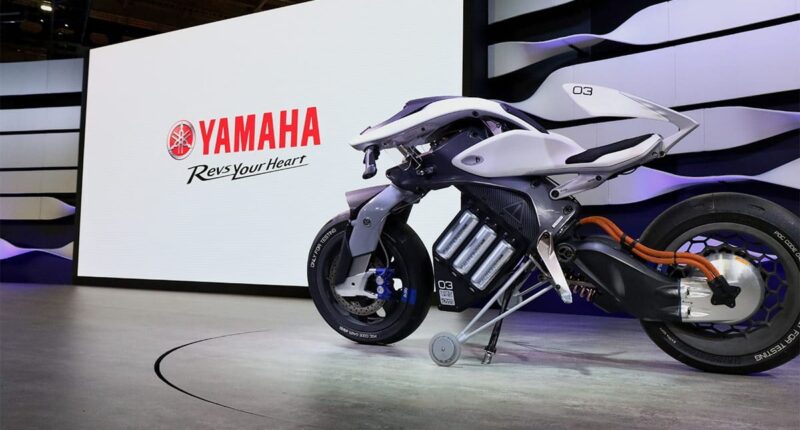The future of motorcycles is being shaped by the integration of artificial intelligence (AI) and advanced technologies. As the industry evolves, we can expect to see a range of innovative features that enhance the riding experience, improve safety, and promote sustainability. Here are some key areas where AI is transforming the world of motorcycles:
Personalized Riding Experience
AI algorithms will analyze a rider’s preferences, riding style, and habits to customize the motorcycle’s performance. Features like suspension settings, power delivery, and ergonomics will automatically adjust to suit the individual rider, ensuring optimal comfort and control.
Enhanced Safety Systems
AI-powered safety features will become increasingly prevalent, with the ability to predict and warn riders of potential hazards. Adaptive cruise control, lane-keeping assist, and autonomous emergency braking will help reduce the risk of accidents.
Autonomous and Semi-Autonomous Capabilities
While fully autonomous motorcycles may still be in the distant future, semi-autonomous features like self-balancing and self-parking will become more common. These technologies will make riding easier and more accessible, particularly for new or less experienced riders3.
Predictive Maintenance
AI-driven diagnostics will simplify maintenance by predicting potential issues before they occur. Sensors embedded within the motorcycle will monitor various components, using machine learning algorithms to forecast when parts might fail or require attention.
Connectivity and Networking
Motorcycles will become increasingly connected, communicating with each other and with infrastructure through Vehicle-to-Everything (V2X) technology. This will enable features like real-time traffic updates, route optimization, and even the ability to share battery power between vehicles.
Sustainability and Efficiency
Electric motorcycles with AI will optimize battery usage based on riding style and route topography. By learning a rider’s habits and preferences, the AI can manage power distribution to extend the battery’s range and reduce energy consumption.
Rider Assistance and Interaction
AI-powered voice assistants and augmented reality (AR) will enhance the riding experience. Riders will be able to interact with their AI companions to control navigation, communication, and entertainment systems hands-free, while AR could project real-time data onto the rider’s helmet visor3.As AI continues to advance, we can expect to see even more innovative features and capabilities emerge in the world of motorcycles. From personalized riding experiences to enhanced safety and sustainability, the future of motorcycling is poised to be more intelligent, efficient, and enjoyable than ever before.
Share
Rewrite









